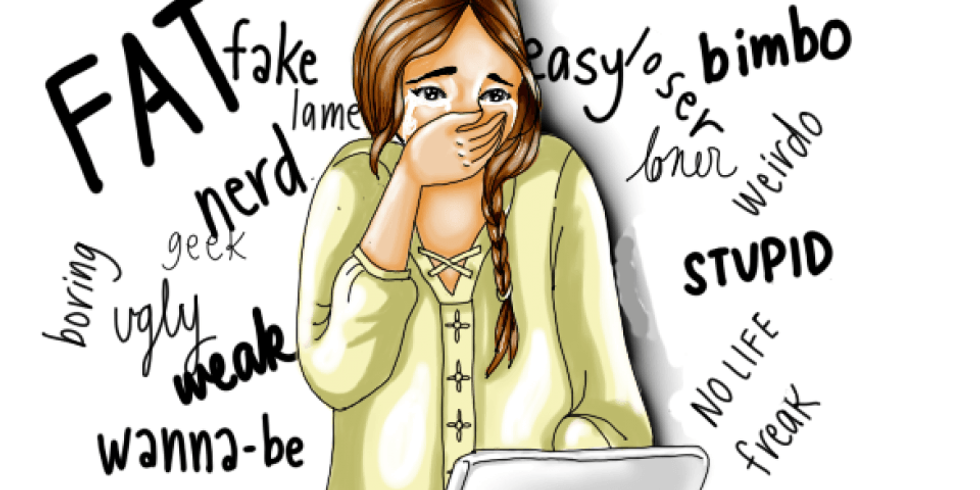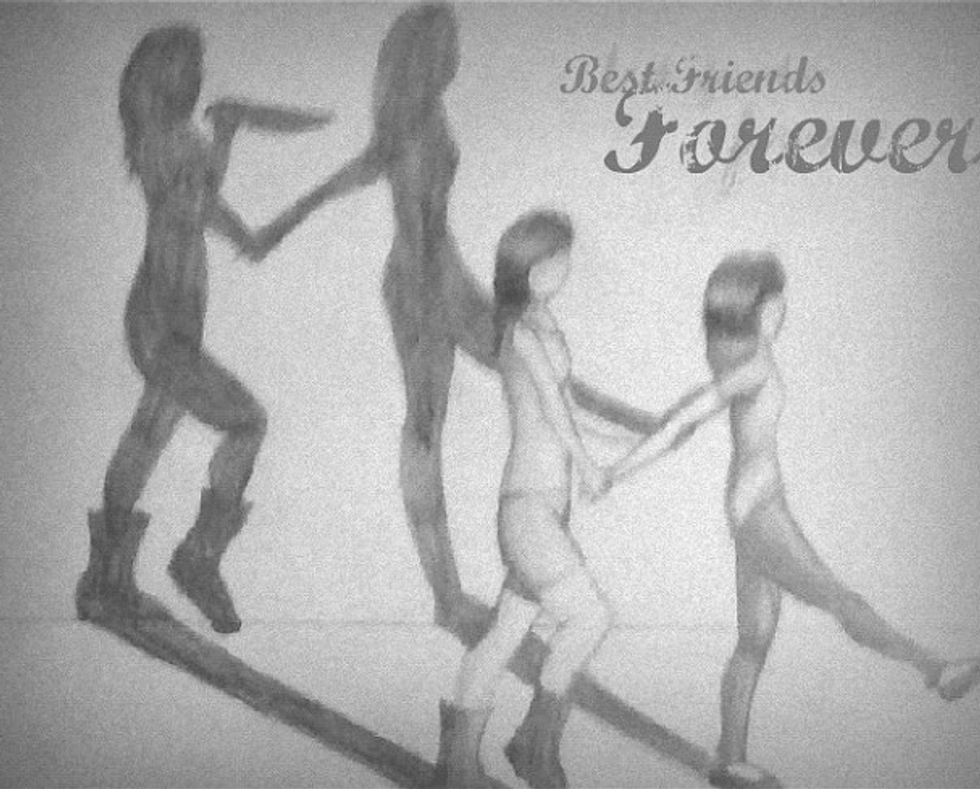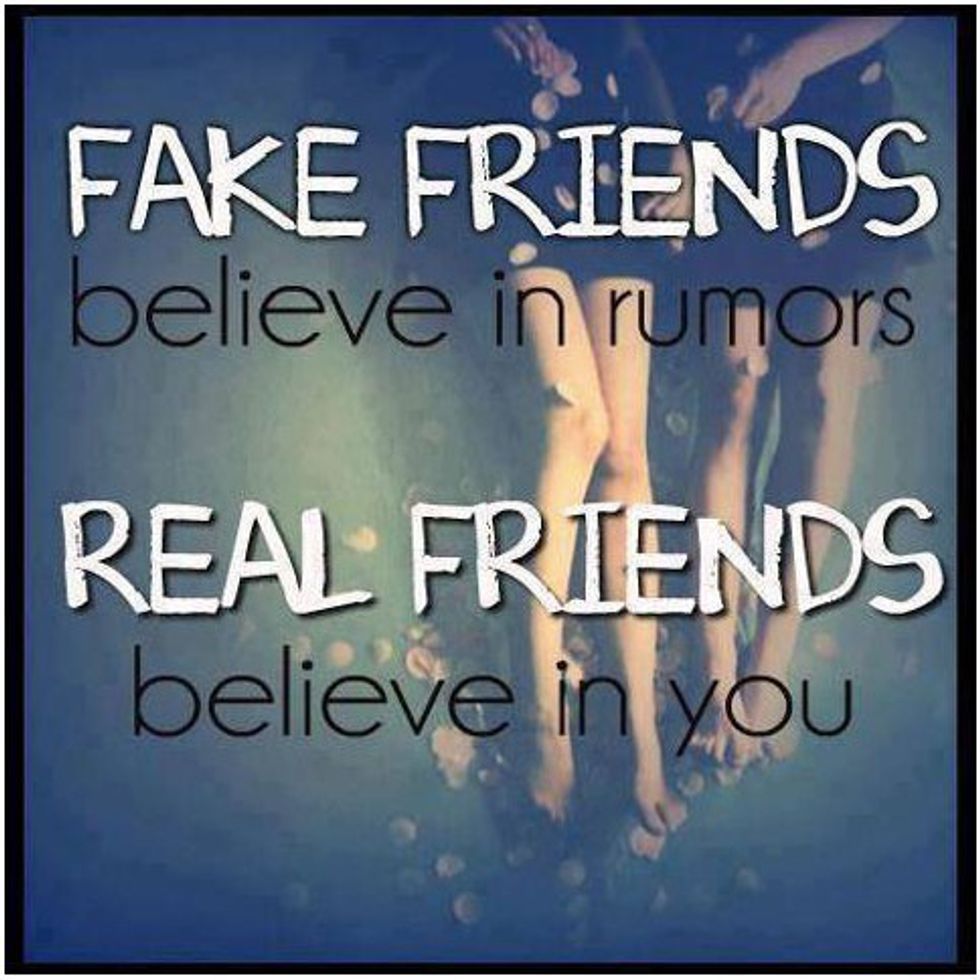This past weekend I had the opportunity to watch the movie "Cyberbully," starring Emily Osment as the main character, Taylor Hillridge. Taylor recently was given a laptop for her birthday, and subsequently joins a popular social media website and immediately begins getting cyber bullied. This movie is intense, it's emotional, and it has a lot of lessons to be learned, within it. These lessons include:
1. What you say online is real.
2. You're not alone.

3. Don't be afraid to reach out to other people.
In the movie, Cheyenne, Taylor's best friend, distanced herself because what was happening to Taylor was starting to affect her, as well. Scott also ended up distancing himself because of what was said about Taylor. But we shouldn't be distancing ourselves from people going through hard times — that's when they need us the most. If Taylor wouldn't have felt alone, she wouldn't have attempted to commit suicide. Even if you don't know somebody that well, if you notice that they're going through a hard time, don't be afraid to reach out to them; you never know whose life you might save.4. Your friends aren't always who they say they are.
This is one of the hardest lessons that everybody must learn at some point in time. In this movie, Taylor found out that one of her closest friends had created a fake profile, originally with good intentions, but that profile ended up adding fuel to the fire as it spread another cruel rumor about Taylor. Sometimes, your friends aren't your friends at all. Sometimes, they try to help you, but end up making mistakes along the way that hurt you worse than ever. Either way, finding out your friend stabbed you in the back is not a fun thing to find out.5. It's always better to tell the truth, even if it hurts.
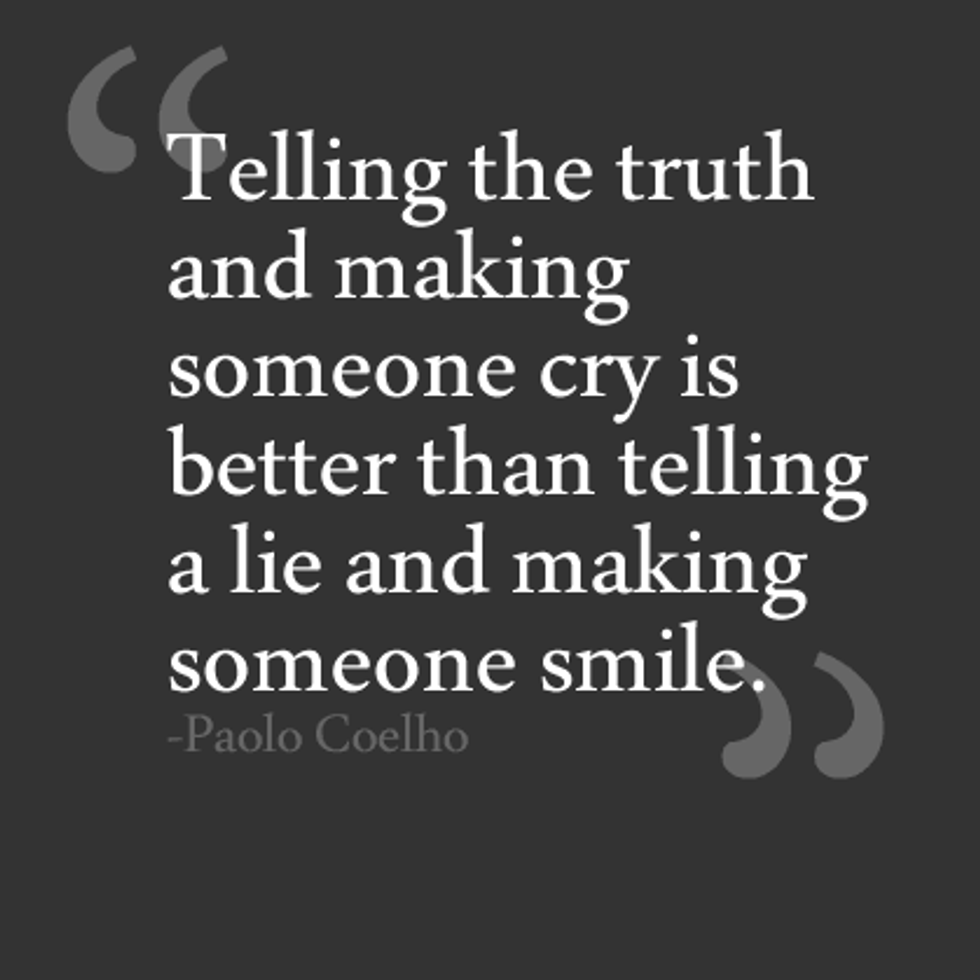
6. Sometimes you need to just walk away.
One of Taylor's biggest problems throughout the movie is that she just could not walk away from her laptop. Even after her suicide attempt, the first thing she wanted to do when she woke up was to see what everybody was saying about her online. It's easy to sit there and watch your world [seemingly] fall apart; but what's best is to walk away, take a break from the negativity, and try to enjoy life — real life.
7. Don't be a bystander.
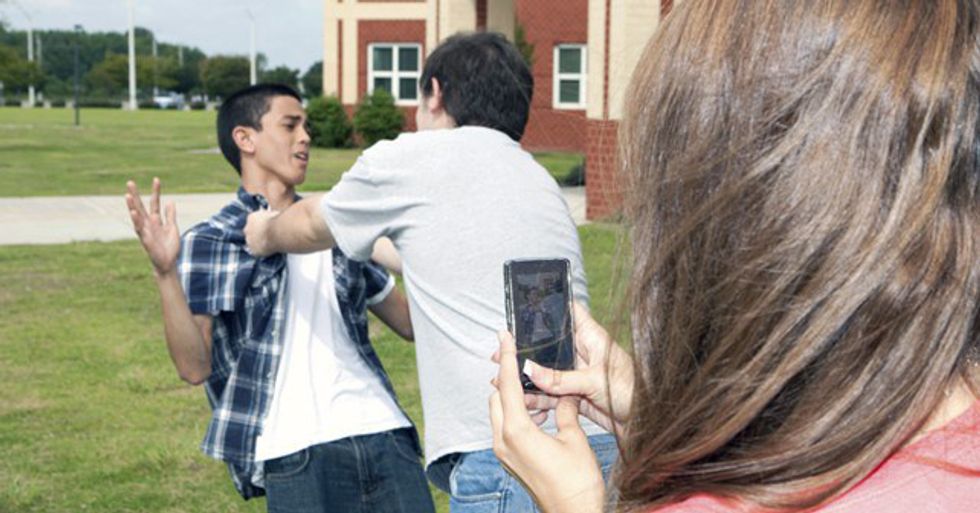
8. Not everybody believes the rumors.
9. Speak out about what's important to you.
At the end of the movie, Taylor and her mother ended up doing something insanely important with her story — she pushed for a law to get passed against cyber bullying. At first, nobody was listening to them. But they kept pushing and bringing more attention to the issue, and finally, they were heard. If there's something that's important to you, do not give up. Keep pushing and eventually, you will be heard.This movie was really intense — not because it's dramatic and emotional; but because it's real life. These things happen every single day, and it has real affects on people. Just yesterday there was another report of a young teenager who decided to take her own life because of senseless acts of cyber bullying. Help stop cyber bullying, and help save a life.
If you or somebody you know is struggling with suicide or thoughts of depression, please reach out and speak to somebody at the National Suicide Prevention Hotline or at 1-800-273-8255




